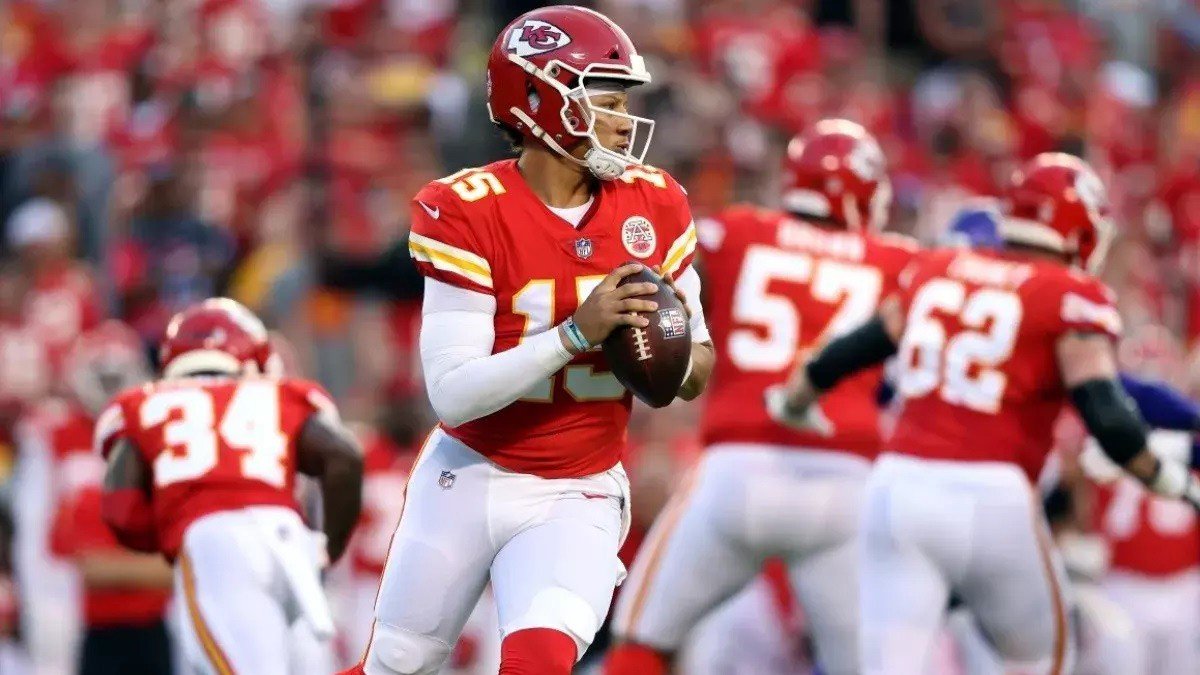Massachusetts Gaming Commission launches review of online sports betting VIP programs

The Massachusetts Gaming Commission is examining regulations for VIP programs offered by online sports betting companies, amid concerns that they may target frequent losing bettors.
VIP or loyalty programs, used by major operators such as DraftKings and FanDuel, reward customers with perks including trips, sports tickets, and betting credits. Critics argue these programs may encourage at-risk gamblers to continue betting.
“VIP programs should be for those who can afford to be VIPs, and it shouldn’t be predatory,” said Chair Jordan Maynard at the commission's Oct. 9 meeting, as reported by WBUR.
A recent analysis by the commission found that online sportsbooks in Massachusetts have sometimes restricted customers who win consistently, while granting VIP status and rewards primarily to those who frequently lose.
Commission Research Director Mark Vander Linden, speaking at last week’s meeting, noted that research linking VIP programs to gambling harm is limited but concerning. Studies from other countries suggest VIP customers are more likely to experience problem gambling. Vander Linden also said loyalty programs can undermine efforts by individuals trying to reduce their gambling or quit entirely.
Potential regulations under consideration include setting a minimum age of 25 for VIP participation, higher than the state’s legal betting age of 21. The commission is also considering requiring affordability checks before granting VIP status, similar to rules already in place in the U.K. Additionally, regulators may move to eliminate incentives that encourage risky gambling behavior.
While loyalty programs have long existed in traditional casinos, online VIP programs often rely on “hosts” who communicate directly with VIP customers via texts and emails, the report said.
Several lawsuits have alleged that these programs contributed to gambling addiction and financial hardship, with some hosts contacting struggling bettors daily. Two high-profile cases involving DraftKings were settled earlier this year, though details were not disclosed.
Nationally, some industry representatives maintain that VIP programs do not encourage excessive gambling and that hosts receive training to identify problem behavior, likening the programs to standard customer loyalty initiatives in other sectors.
Massachusetts Gaming Commissioner Eileen O’Brien expressed concern about how hosts are compensated, noting that pay based on betting activity could incentivize risky behavior.
The commission plans to request additional data from sports betting companies as it continues its review of VIP programs.















